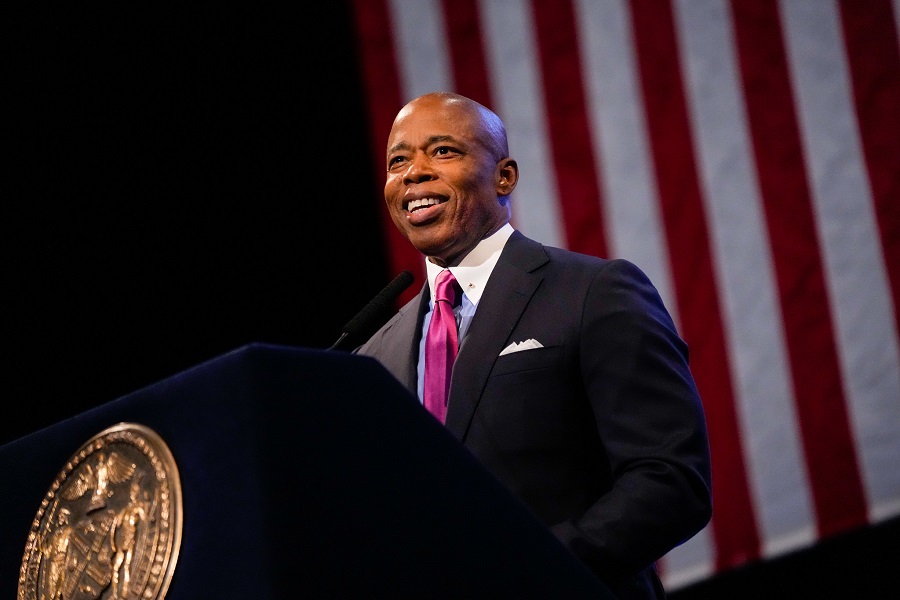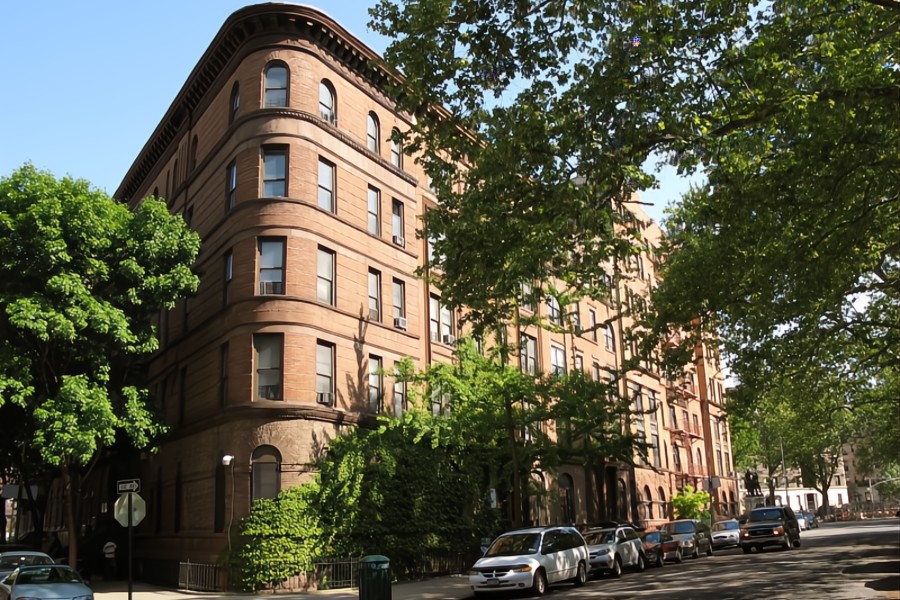By Robert Gibbons
“By placing the writer in the context of human migrations, we can investigate some of the metaphysical aspects of a migrant writer’s life and work.” – Ha Jin
Ha Jin was correct when he stated, “Writers often wrestle with the Aristotelian questions—to whom, as whom, and in whose interest does he write?” I am never sure who is reading this and think it does not really matter. The effort here is not to maintain five thousand friends or to get one hundred likes on a daily basis. To answer Aristotle’s assertion, I guess I would have to say I write for myself. But this journey is difficult. Life, most of the time, gets in the way. I often have to steal time for myself just to read and write, but I do think making the time is a matter of discipline.
To further answer the question, I would have to reference Alexander Solzhenitsyn when he said, “I write only for my homeland.” The word homeland is very curious. It could be many things to each individual writer. In the case of Dunbar, in a correspondence to Alice Dunbar- Nelson, he shares, “I want to know whether or not you believe in preserving Afro-American—I do not like the word—writers, those quaint old tales and songs of our fathers, which have made the fame of Joel Chandler Harris, Thomas Nelson Page, and Ruth McEnery Stuart.”
I want to know whether or not you believe; I want to know whether I believe in what I am doing. I want to know if I believe in me each day, and writing these notes down is the only way for me to do it. Dunbar had big dreams for himself. He wanted to one day attend law school at Harvard University. This path did not open for him. He was precocious enough probably to attend, although I am not certain why he was unable to. I am not sure if it was financial hardship, discrimination, or racism or some combination, but bottom line—he ended up working menial jobs. And still, this did not stop him.
It was said that even as an elevator operator he carried a writing tablet, dictionary, and thesaurus. So, maybe he had this idealistic dream of writing and breaking into the world of writing. Maybe he thought if he wrote one thousand words a day, somehow this would transfer into fame and fortune. Many of us, including myself, sometime live in fantasy about the writing life. In researching some background on Dunbar, I noticed he received his share of criticism. Addison Gayle, Jr. says, “Having internalized the definitions handed him by the American society, Dunbar would rather not have written about the black experience at all.”
My question would be why not? I can’t forget where I came from. I can’t forget those that paved a way for me, including Paul Laurence Dunbar. But let’s be clear: this is no act of hero worship. This is for me. This is what I have decided to do. To quote more background as it relates to my theme, “The choice of voice is an act of will, and it requires a sense of where a poet’s strength lies.” This is the reason I refused to be categorized as a spoken word artist or lyricist or a rapper. Although I may as talented as I would like, I must migrate into the path of my predecessor and accept the good and bad. This is the necessary for me to find my way. Each day, I see the present, but the past comes full circle. I migrate because it will give me a sense that this journey is more than name recognition and satisfaction. There are others I am responsible for. My situation is not all good.
Dunbar sold his chapbooks for one dollar. He had to accept the restrictions of his time, but that does not diminish his legacy. I migrate so that I can, spiritually, go back across the Mason-Dixon and recapture, not just the song and the caricature, the oppressed and the laughter, but also the triumph. The homeland of my people resides in many places from South Carolina, to Georgia, and down into the dust tracks of Zora Neale Hurston’s hometown, Eatonville, FL. I interpret my homeland as romantic as anyone else’s. I interpret the struggles of my homeland as devastating as any other oppressed people’s on the planet. So my homeland may not be a physical place, but there…is peace.
I may simply be entertaining (and channeling) the muses of history—the gods and goddesses, the ones who write in dialect and were polyglot, the people I do not know and never knew—but their words jump off.
Become a Harlem Insider!
By submitting this form, you are consenting to receive marketing emails from: . You can revoke your consent to receive emails at any time by using the SafeUnsubscribe® link, found at the bottom of every email. Emails are serviced by Constant Contact



















